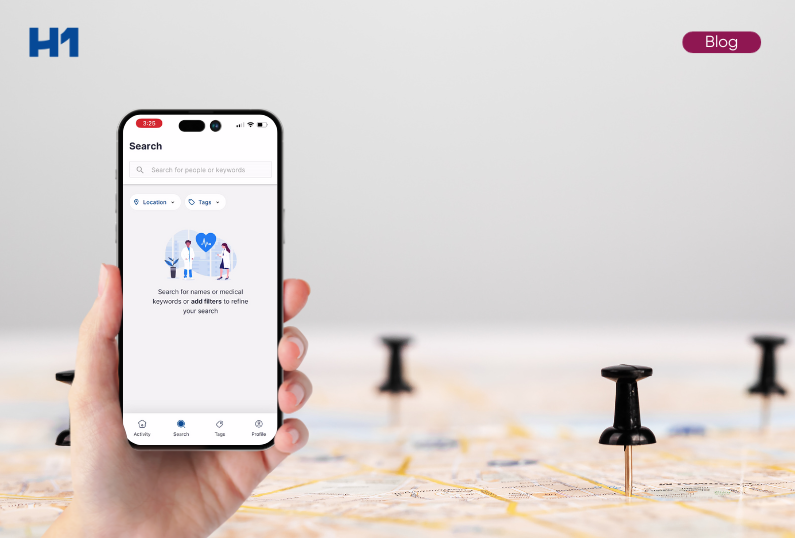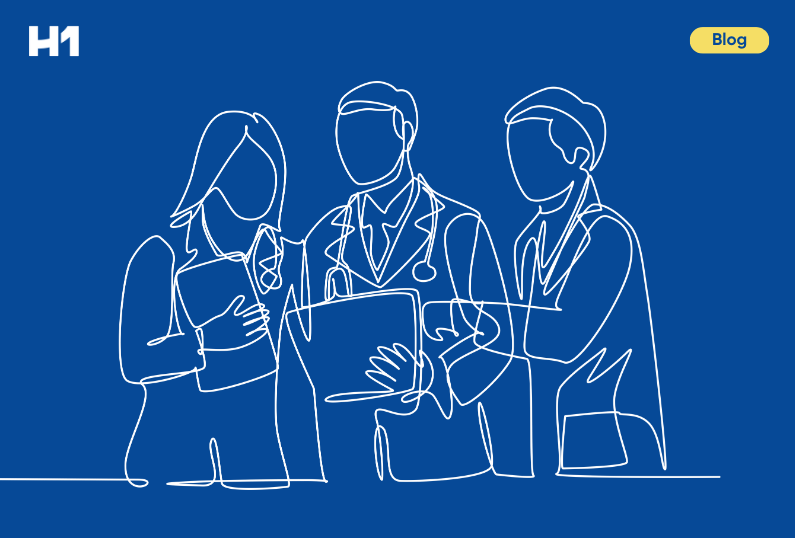KOL to Go? The Modern MSL & Mobile Apps

As the pharmaceutical industry becomes increasingly competitive, speed and efficiency are crucial for getting drugs to market faster. This is where mobile apps come in.
And at the heart of this rapid-fire evolution are Medical Science Liaisons (MSLs) who play a pivotal role in the delivery of credible, cutting-edge information to healthcare professionals and key opinion leaders (KOLs). But how can MSLs stay ahead of this fast-paced curve?
One of the key ways mobile apps help speed up drug development is by providing instant access to the latest research and information via a data platform. This enables MSLs to stay on top of new developments, make informed decisions, and provide accurate and timely information to stakeholders surfaced in real-time and on the go.
Additionally, having easy access to the latest research can enhance the credibility of MSLs and foster trust with KOLs, thereby facilitating better collaboration and communication.
According to the Accreditation Council for Medical Affairs (ACMA), more digital savvy MSLs will want to learn differently. The primary demands that modern learners have can be boiled down to a few key factors:
- Mobile ready
- Quick access
- Expertise
- Collaboration
- Continuous learning opportunities
Modern MSLs absolutely want mobile platforms they can use to quickly access their learning materials.
With the ability to provide real-time insights and expertise, these apps are revolutionizing the way MSLs work. In this blog post, we will explore how mobile apps can increase MSL effectiveness and empower them with the necessary tools to engage key opinion leaders (KOLs) and drive strategic plans for drug development.
In August, H1 announced the release of our iOS mobile app H1 Mobile. This new mobile app marks a significant milestone as it brings the power of HCP Universe and its deep key opinion leader (KOL) and healthcare professional (HCP) insights to the palms of life sciences professionals worldwide.
Mobile apps have taken the world by storm, and the healthcare industry is no exception. With the rise of technology and connectivity, MSLs can now access accurate and reliable knowledge at their fingertips through mobile apps specifically designed for them.
Improved Data, Efficiency and Time
One of the biggest advantages of using mobile apps in medical affairs is its ability to increase efficiency. MSLs can now stay up-to-date with the latest research, clinical data, and drug information in real-time, allowing them to provide accurate responses during scientific discussions and answer questions related to their company’s products. This not only saves time but also boosts credibility and trustworthiness among KOLs.
A mobile app can also empower MSLs by surfacing and tiering KOLs for strategic engagement plans empowering MSLs to leverage their data platforms at their fingertips. Through data analytics and machine learning algorithms, these apps can identify top-performing KOLs in specific therapeutic areas and provide detailed profiles with key metrics such as publication history, speaking engagements and social media presence.. This allows MSLs to prioritize their efforts towards high-impact KOLs who are most likely to influence prescribing decisions.
Engaging and Tracking Global Key KOLs
Another significant benefit of using mobile apps in medical affairs is the ability to track interactions with KOLs accurately. Traditional methods like manually recording interactions in spreadsheets can be time-consuming and prone to errors. With mobile apps, all interactions are automatically logged and synced to a central database, making it easier for MSLs to track their progress and measure the impact of their efforts.
Moreover, these apps also offer a collaborative platform for MSLs to share information and insights among their team members. This promotes knowledge sharing and helps keep the entire medical affairs team aligned with the latest developments. It also enables seamless cross-functional collaboration between medical affairs, marketing, sales, and other teams involved in drug development.
Mobile apps have become an essential tool for medical science liaisons in today’s fast-paced pharmaceutical industry. By providing access to real-time information, facilitating active engagement with KOLs, surfacing top-performing experts for strategic plans, tracking interactions accurately, promoting collaboration within the team, and speeding up drug development – these apps are revolutionizing medical affairs. Embracing this technology is crucial for staying ahead of the competition and making a positive impact on patient care.
